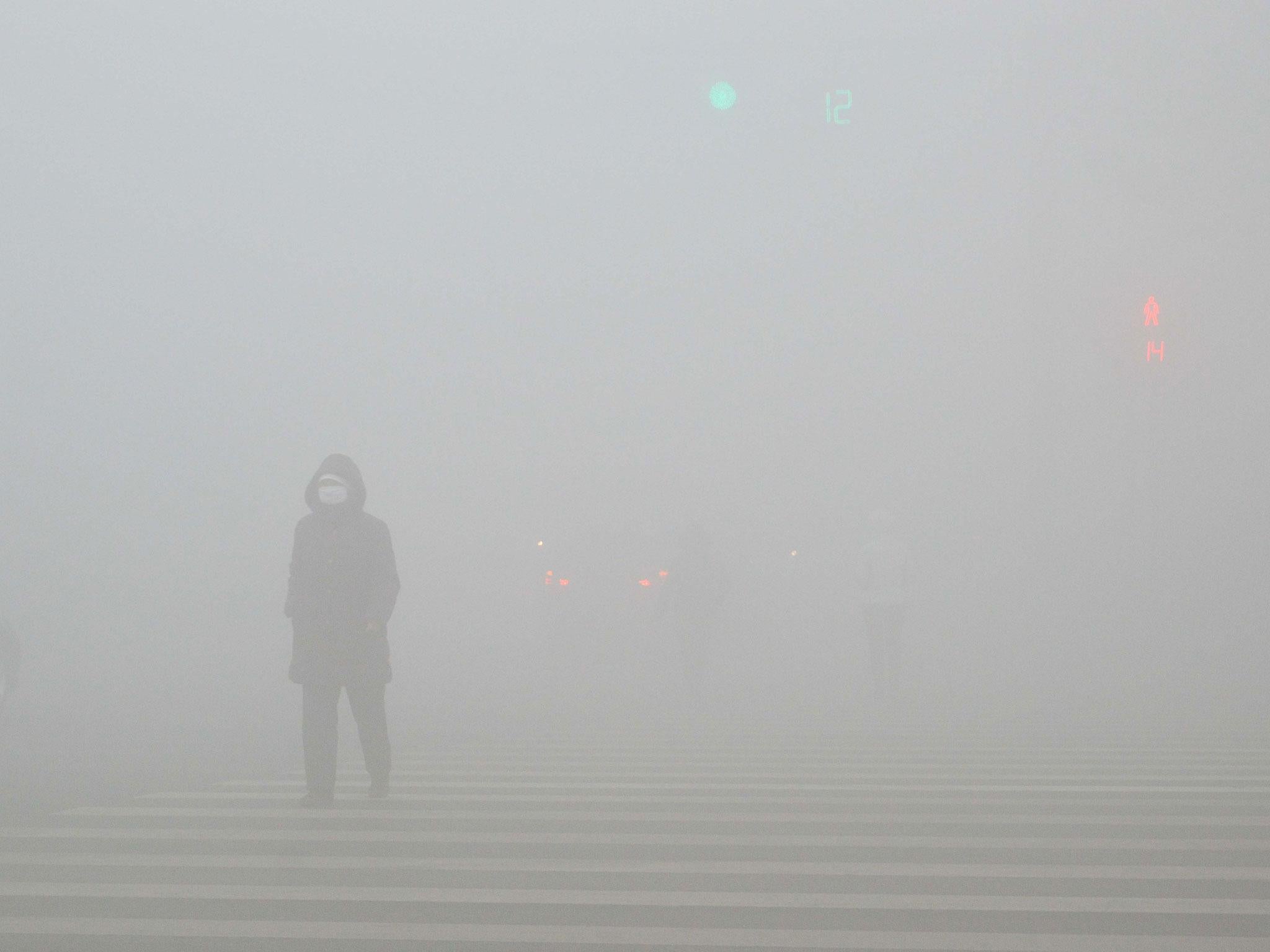Air pollution from globalisation linked to premature deaths of more than 750,000 people a year
'If the cost of imported products is lower because of less stringent air pollution controls in the regions where they are produced, then the consumer savings may come at the expense of lives lost elsewhere'

Globalisation has become, in the eyes of some, the epitome of everything that’s wrong with the world – allowing multinational corporations to drive down wages, run roughshod over workers’ rights and even challenge democracy itself.
But an international team of scientists has now laid another alleged crime at its door – the premature deaths of more than 750,000 people.
They found that 411,100 people died in 2007 after breathing in fine particles of air pollution, known as PM2.5, which were carried on the wind from one region of the world to another.
But they also concluded that PM2.5 resulting from goods and services produced in one part of the world then transported or used in another had caused 762,400 people to die earlier than they otherwise might.
A paper about the study in the journal Nature said: “Millions of people die every year from diseases caused by exposure to outdoor air pollution.
“Some studies have estimated premature mortality related to local sources of air pollution, but local air quality can also be affected by atmospheric transport of pollution from distant sources.
“International trade is contributing to the globalization of emission and pollution as a result of the production of goods (and their associated emissions) in one region for consumption in another region.
“Our results reveal that the trans-boundary health impacts of PM2.5 pollution associated with international trade are greater than those associated with long-distance atmospheric pollutant transport.”
The paper also noted a tendency for “polluting industries” to move to parts of the world with less strict environmental regulations – forcing politicians to weigh the importance of attracting inward investment and have clean air to breathe.
“If the cost of imported products is lower because of less stringent air pollution controls in the regions where they are produced, then the consumer savings may come at the expense of lives lost elsewhere,” the scientists said.
The number of deaths associated with global trade makes up about 22 per cent of the total worldwide number, estimated at 3.45 million, from all sources of PM2.5.
China has been one of the biggest beneficiaries of globalisation with its economy booming in recent decades, partly because of its low wage costs.
But it has also seen levels of pollution soar to shocking levels that have caused considerable disquiet and helped prompt the Beijing Government to switch to renewable energy on a massive scale.
The researchers wrote: “Improving pollution control technologies in China, India and elsewhere in Asia would have a disproportionately large health benefit in those regions and worldwide, and international cooperation to support such pollution abatement efforts and to reduce ‘leakage’ of emission via international trade is in the global interest.”
The researchers found that PM2.5 pollution from China helped cause the premature deaths of more than 3,100 people in Western Europe and the US.
Production of goods and services for markets in Western Europe and the US was also linked to more than 108,600 premature deaths in China.
One of the researchers, Professor Dabo Guan, a climate change economist at University of East Anglia, said the study showed “premature mortality related to air pollution is more than just a local issue and our findings quantify the extent to which air pollution is a global problem”.
“International trade is further globalising the issue of air pollution mortality by allowing production and consumption activities to be physically separated," he said.
"In our global economy, the goods and services consumed in one region may entail production of large quantities of air pollution, and related mortality, in other regions."
Join our commenting forum
Join thought-provoking conversations, follow other Independent readers and see their replies
Comments
Bookmark popover
Removed from bookmarks